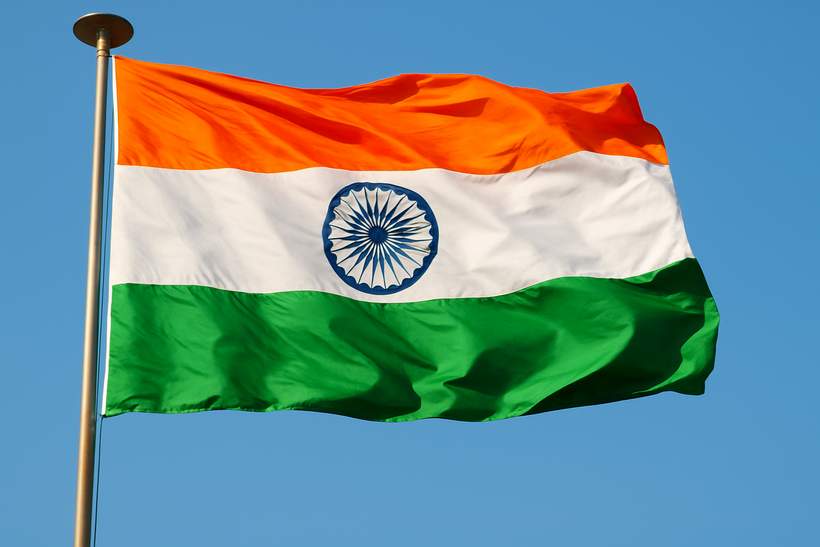A23 Challenges India’s Controversial Gaming Ban

India Imposes a Comprehensive Ban on Online Money-Based Games
Recently, India enacted legislation that enforces a complete prohibition on online games involving real money. This new law abruptly ended the thriving skill-based gaming sector in the country, provoking strong opposition from industry stakeholders.
The Impact of India’s Strict New Gaming Legislation
For years, India has maintained stringent restrictions on online gaming. However, companies providing real-money games that emphasize skill, like online rummy and poker, have generally operated without major legal obstacles. These types of games avoided classification as games of chance, allowing them to remain accessible to many players across the country.
Despite this, the gambling element of skill-based games generated criticism due to social concerns, leading to increased scrutiny. Ultimately, the government, led by Prime Minister Narendra Modi, passed a decisive bill banning all online games involving money wagers. The quick approval of this legislation highlighted the strong governmental stance against such gaming activities.
This sudden ban sent shockwaves through the gaming industry, impacting companies significantly. The sector, projected to reach a value of $3.6 billion by 2029, saw many businesses exit the market and abandon sports sponsorships amidst the uncertainty.
A23 Takes Legal Action Against the Ban’s Constitutionality
Indian gaming company A23 has formally challenged the ban in court, criticizing the measure as an extreme and hastily implemented policy. On August 28, A23 filed a lawsuit in the High Court of Karnataka, arguing that the ban represents an excessive form of governmental control that could devastate a legally operating industry.
A23 aims to have the ban overturned specifically in relation to games of skill, seeking a declaration that the prohibition is unconstitutional under these conditions. So far, there has been no official government response to these legal proceedings.
As a prominent player in India’s online gaming landscape with an estimated 70 million users, A23’s challenge marks the first legal opposition to the ban, though other companies have publicly responded to the new restrictions.
For example, Dream11, a leading gaming platform, discontinued its real-money contests and shifted to a free-play structure. The company acknowledged the necessity of compliance but lamented the loss of nearly 95% of its revenue overnight.
Similarly, Mobile Premier League ceased offering games involving real money, adapting to the new regulatory environment.
Flutter Entertainment also suspended operations of its Junglee brand in India. The company has expressed intentions to explore possibilities to reintroduce skill-based gaming within the country’s legal framework.